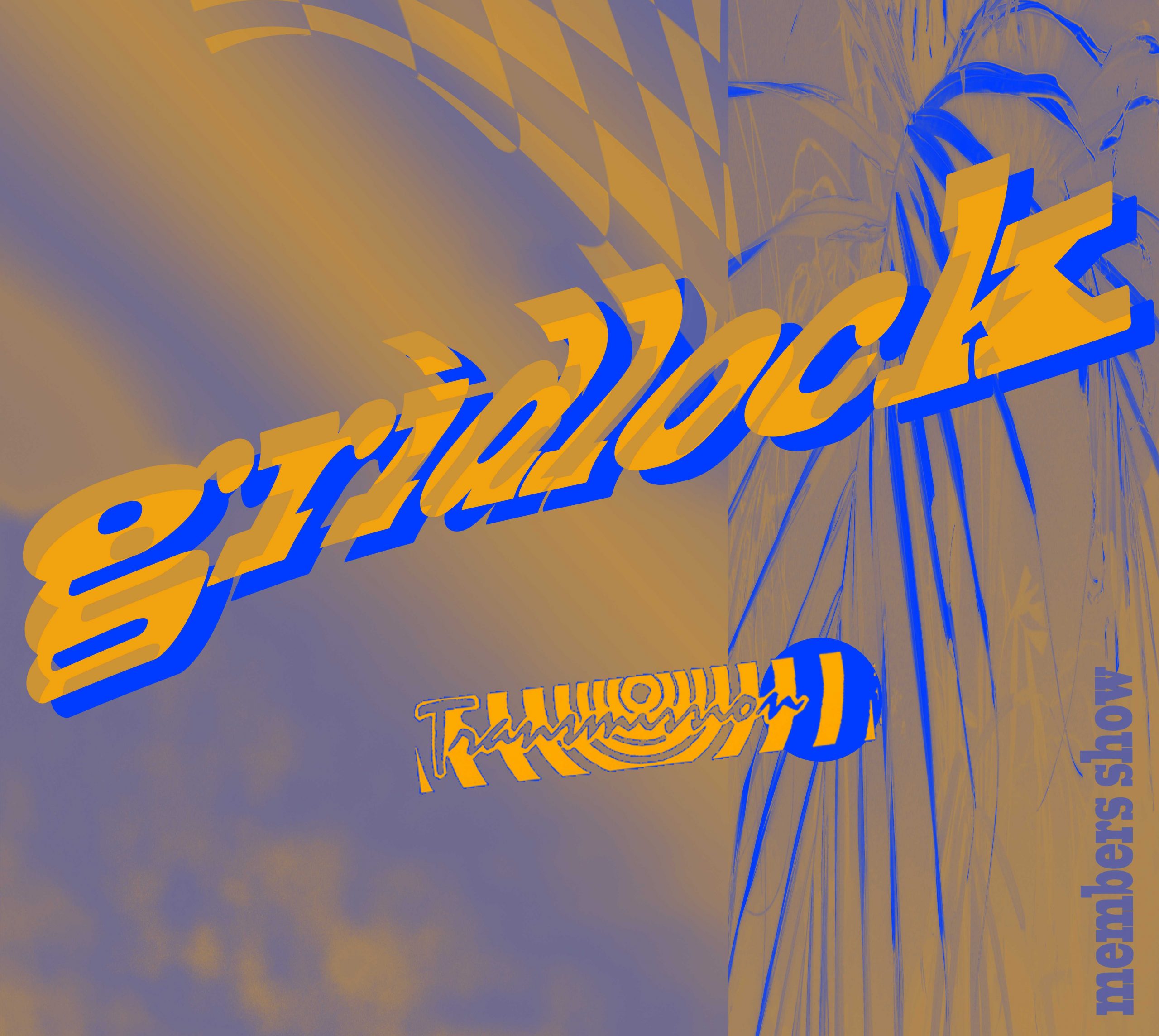This year’s Transmission Members Show, GRIDLOCK, was traditional, wonderful, varied, chaotic, ludicrous, marvellous but more than anything, welcome. Featuring work ranging from artists films, to sculpture, and reflecting an emerging figurative painting revival, it’s a laudable pick and mix.
And after three years absence it’s good to see it back. Transmission has an international reputation, formidable reach, and was even depicted in a Franz Ferdinand song. Over the last few years, all was far from well: the quality of some exhibitions was openly questioned, and the gallery lost its regular Creative Scotland funding. The Transmission committee was recently obliged to remind its members, and possibly its audience, that it is run by unpaid volunteers, as expectations are high. Still based, for the time being, in the heart of Glasgow’s Art Quarter (Modern Institute and GoMA are round the corner) the committee are dealing with a potentially catastrophic rent increase.
Transmission was always a starting point for Glasgow’s previous generation: past committee members have included Turner winner Douglas Gordon, nominee Nathan Coley, Common Guild’s Katrina Brown and exhibited the first iteration of Jim Lambie’s Zoobop. The Transmission members’ show is often the only opportunity for recent graduates and even more established artists to exhibit publicly. Even so, year’s show was slightly sparser than usual, but featured an obligatory Turner nod, with Bursary awardee Jamie Crewe and their painting ‘Miss Head No. 1’
Overall, Gridlock was random in an excellent way (full disclosure: I’m a member and showed work.) This years’ highlights included Le Lui’s ‘A Group of Men Around Waterlilies’, with its intriguing sense of headless figures emerging from water, a colourful merging of the figurative with the abstract, Julia Hoogkamer’s sculpture ‘I Want To Bite You Offline’ Alex Anderson’s ‘Candle of Beams’ and Robert McCormack’s ‘What Merits Golden Time?’ a series of white cast sculptures which ‘focus on the figure of the child as a container.’
There was more figurative painting, notably Elisa Pierrsnard’s haunting ‘Nefi’. There was also the by now traditional loop of semi-documentary artist films.
Ultimately, Gridlock was welcome evidence that Glasgow’s emerging artists are still producing formidable, challenging and genuinely playful new work. How many other cities can exhibit work by artists as extraordinary as Glasgow, still defiantly ‘a city full of artists’?












